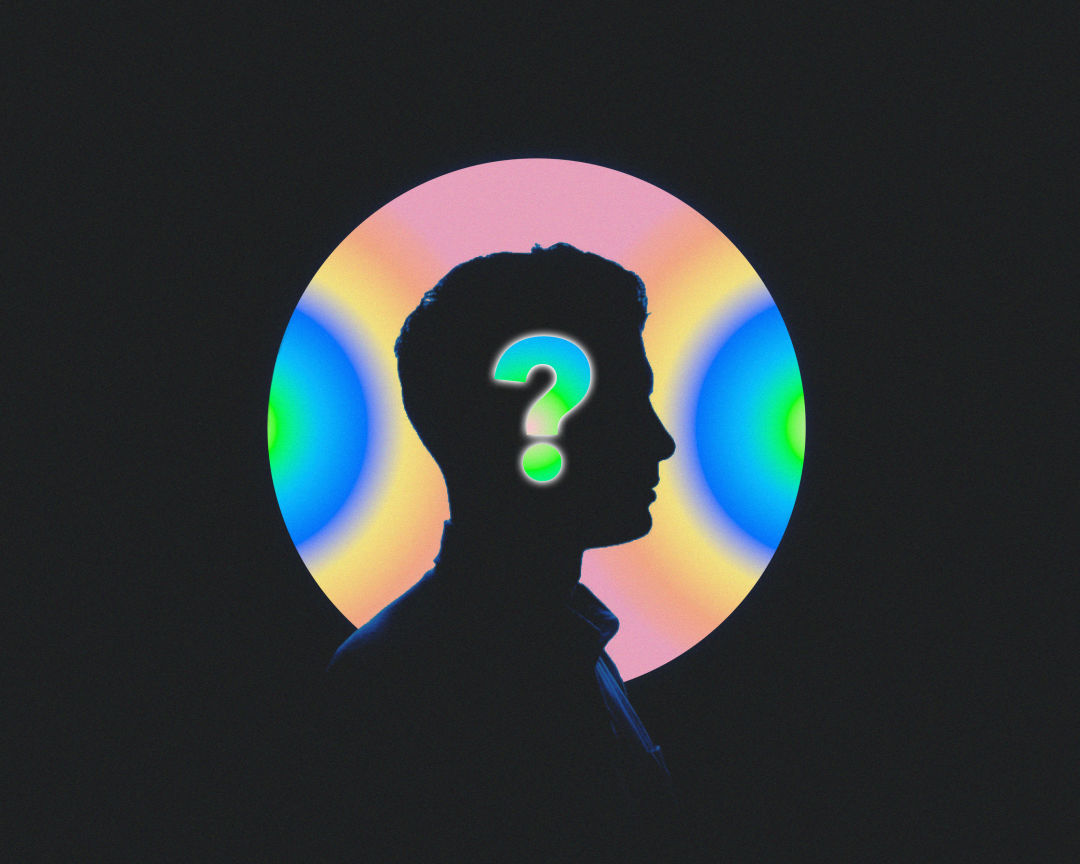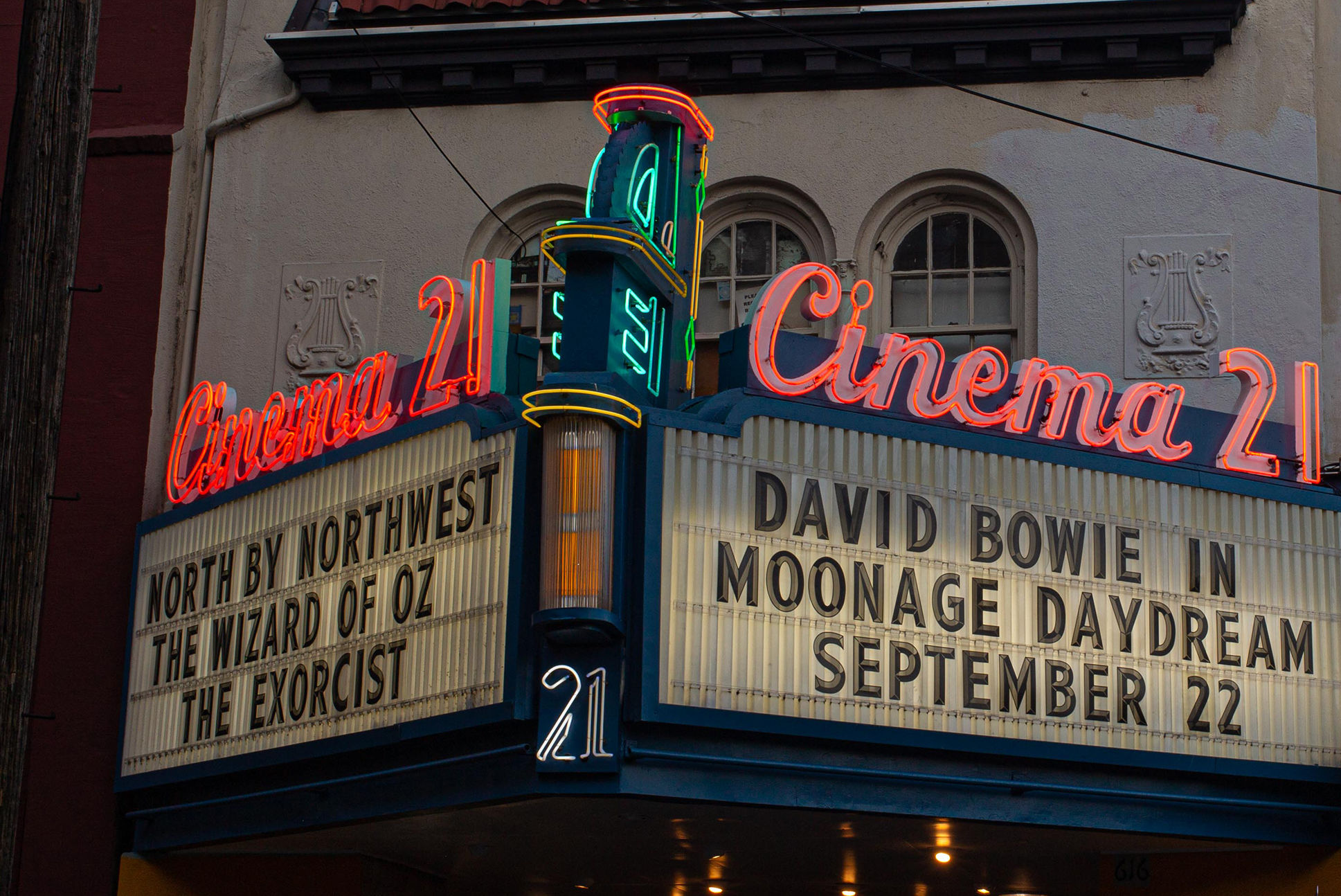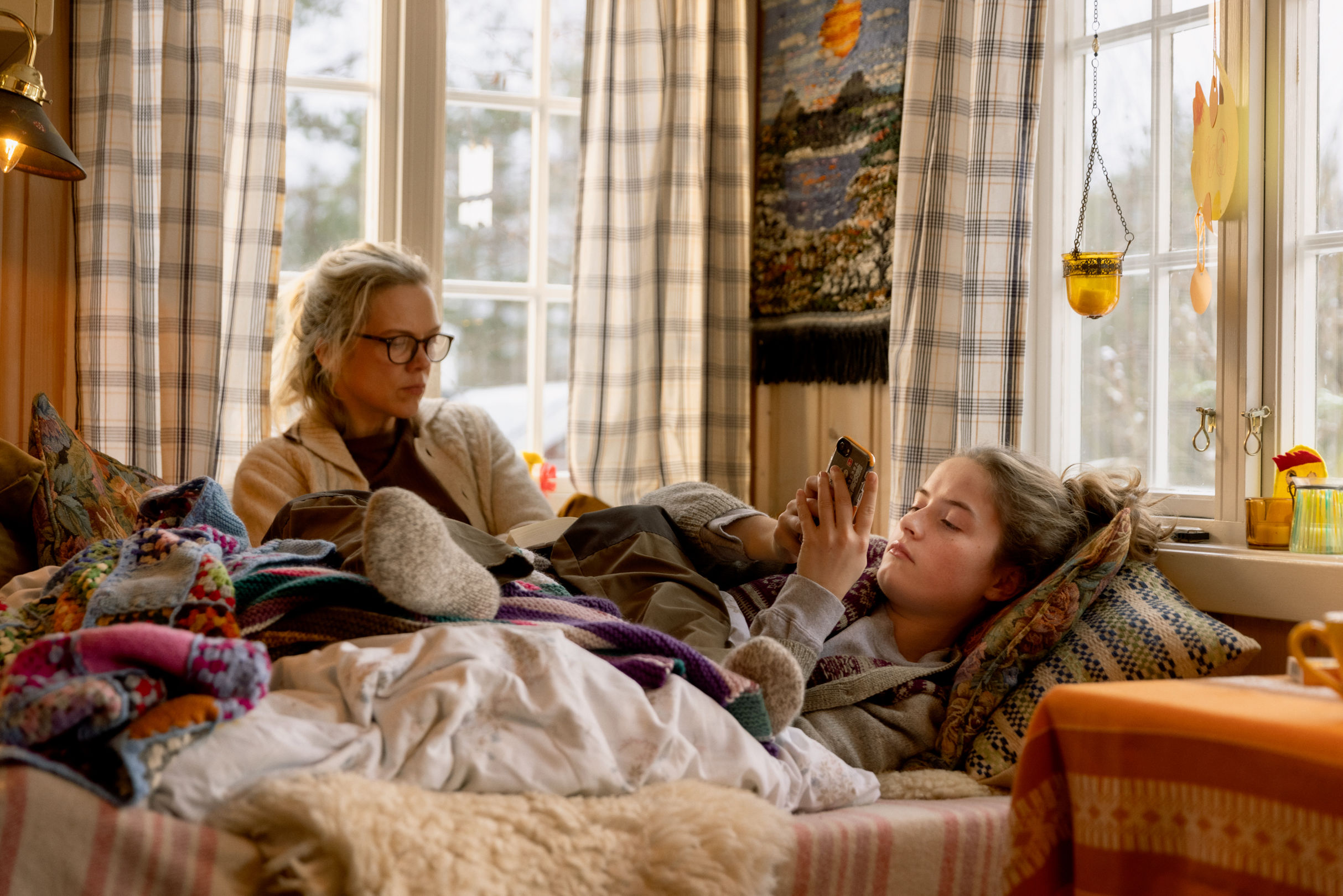2021 Was the Year of Millennial Ambivalence

Image: Katie Leimbach
"Got a wishbone drying on a windowsill in my kitchen,” croons Lorde on her woozy late-July single “Stoned at the Nail Salon.” “Just in case I wake up and realize I’ve chosen wrong.” It's a strikingly hesitant image to encounter in a pop song, so often bright and firm by design. But this year, Lorde wasn’t dissecting breakups or chomping into tequila-soaked limes anymore—like a lot of people her age, she was opting out, turning away from the intensity of the internet, of work, young love, and accelerated pace. And she wasn’t quite sure how she felt about it.
Neither were her fans. “Stoned” and its parent album, Solar Power, which traded synths for guitars and kiss-offs for quiet introspection, were met mostly with confusion and hostility by the general public when they dropped in the middle of 2021’s strange summer. Twitter was plastered with accusations that Lorde, once a shrewd poet of widescreen heartbreak and suburban ennui, had become an out-of-touch white woman in the tradition of Ray of Light-era Madonna or Jennifer Coolidge in The White Lotus: an oblivious spiritual tourist waving crystals and piña coladas at the wreckage all around her, happy at the expense of being awake. To me, though, Solar Power was an uncanny mirror of what it felt like to be 25 in 2021.
I also loved Beautiful World, Where Are You, the third novel from Irish literary sensation Sally Rooney, for much the same reason. It shares Solar Power’s concerns with the benefits and costs of bowing out of the rat race, and it fared a bit better in the court of public opinion. (In a review for the New York Times, novelist Brandon Taylor called it Rooney’s best book, and roughly a dozen other publications offered their own high marks.) A lot of its acclaim came cut with uneasiness, though, and Beautiful World received more outright criticism than Rooney's Conversations with Friends or Normal People—much of it focused on a perceived lack of political thrust, despite its author's supposed Marxist posturing, and on the novel's epistolary element, in which two main characters exchange sprawling emails about the state of the world as it intersects with their small-scale personal dramas.
Given their lukewarm receptions, I’ve thought extra hard about why Solar Power and Beautiful World, Where Are You resonated with me more than any other pieces of popular art this year. For one thing, I understand the frustration with Beautiful World’s emails: they can feel implausible and contrived, like Rooney is using her characters as mouthpieces for her own meditations on the Way We Live Now. The thing is, though, I read those emails and see the affected letters I scribbled to friends in the middle of the pandemic, desperate to make sense of our senseless atomization; I remember all the times I knocked back one too many whiskey sodas and scrambled to graft the leftist talking point du jour onto whatever I had in my crosshairs.
Beautiful World’s protagonists are overeducated mid-millennials in the process of realizing that perfect politics can’t separate them from ordinary urges. Rooney offsets their overflowing emails with dry-as-dust descriptions of these characters Googling themselves, drinking alone at a bar, thinking about the sex they had last night. She lets us see the people they want to be, in writing—erudite, cynical socialists whose big ideas will usher in new, pleasurable paradigms—and then the people they actually are, in action: urban 30-somethings with liberal arts degrees looking for love. They’re overwhelmed by climate change, disgusted by the ravages of consumerism, concerned with correcting abuses of power, and at the end of the day, they’d rather think about none of it, marry well, and have a garden. Does that make them bad people?
Maybe the appeal is micro-generational, but in year two of a pandemic that exacerbated long-festering global wounds, amid a deadly historic heat wave, while our self-designed economic ruin continued apace, something broke inside me, and inside a lot of my friends. The righteousness we'd been operating from for most of our adult lives subsided. We became less concerned with being right, and more concerned with being happy. I logged off Twitter. (Can you reach me? No, you can’t.) The idea that our most perfect iteration is as misery sponges, constantly searching for and internalizing the worst parts of every system so we can publicly denounce them, started to look more and more insane to me. I wanted out. It wasn’t a matter of retreating into a cocoon of ignorance, but of carving out space for simple emotional pleasures in the face of disaster, and remembering my actual size and scale within that disaster.
To my mind, that negotiation is exactly what Solar Power is about. As Laura Snapes pointed out in her Guardian preview of the record, it’s not an especially happy album. Writing it, Lorde turned to the transcendence of the beach, yes, but also to the apocalyptic anxieties of the late Joan Didion, particularly as catalogued in her most famous essay collection, Slouching Towards Bethlehem. When Lorde rebooted her long-dormant Instagram for Solar Power’s windup, she clipped her new bio from Slouching’s title essay: “The themes are always the same—a return to innocence—the mysteries of the blood—an itch for the transcendental.” In context, it’s a quote from a psychiatrist, explaining to Didion how easily youth dropout movements can curdle into cults.
Rather than a prescription for contentment, Solar Power scans to me as a deeply conflicted document about turning away from expectation to cultivate personal peace, and wondering if you’ve abandoned your post in the process. Lorde's previous, critically adored LP—2017’s Melodrama—ends on the line, “What the fuck are perfect places anyway?”, and Solar Power feels like an album-length dissection of that question. We get a Joan Baez-style climate lament cut with Octavia Butler futurism in “Fallen Fruit,” where Lorde mourns and exalts the natural world; the cheeky Y2K pastiche “Mood Ring” (“I can’t feel a thing / I keep looking at my mood ring”), where she indulges in and skewers wellness culture’s magical thinking; closer “Oceanic Feeling,” whose title comes from French dramatist Romain Rolland, where she communes with nature, thinks about her father, and admits the limits of her sunny quest: “O, was enlightenment found? / No, but I’m trying.”
People will say 2021 was a lot of things: the year of vaccines, of Free Britney, the supply chain, political despair. For me (and, I think, Lorde and Sally Rooney), though, it was the year of productive ambivalence—of admitting what we didn't know, letting go of the expectation that we alone would save the world, and learning to be present in our tiny, silly lives. Maybe my calibration's all wrong and I, too, am just a White Lotus character in progress. I’m pretty sure I'm not. But I’ve got a wishbone drying on the windowsill in my kitchen, just in case.




